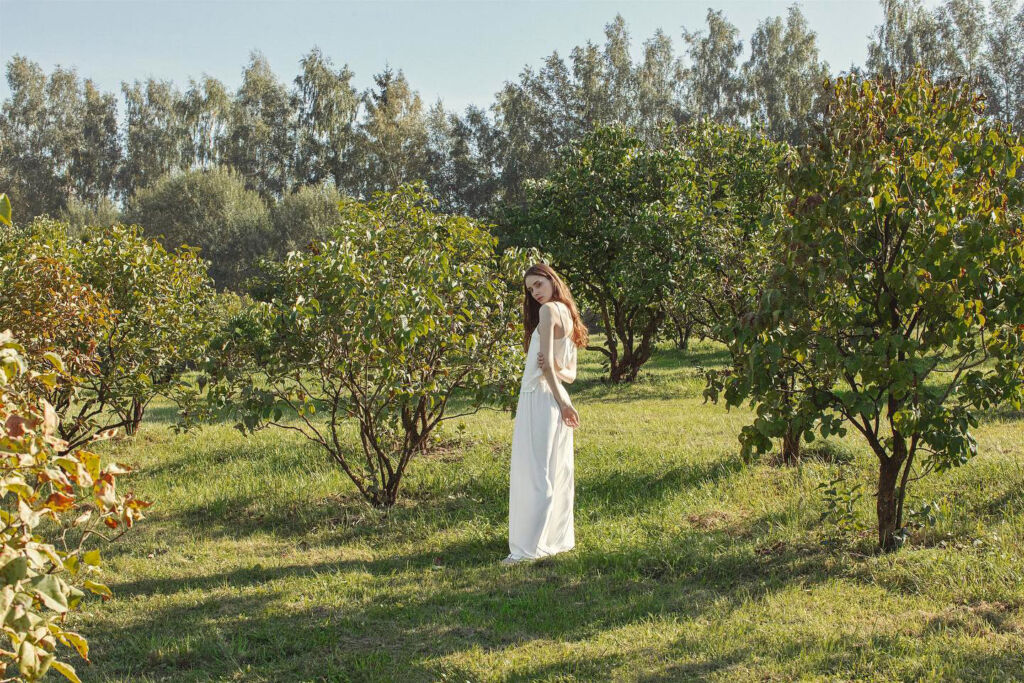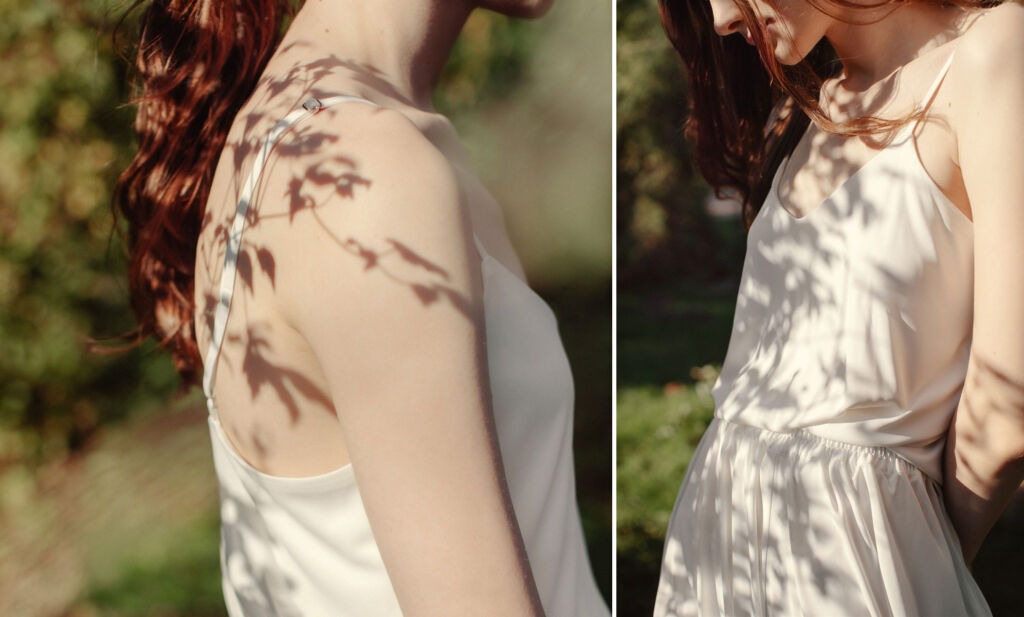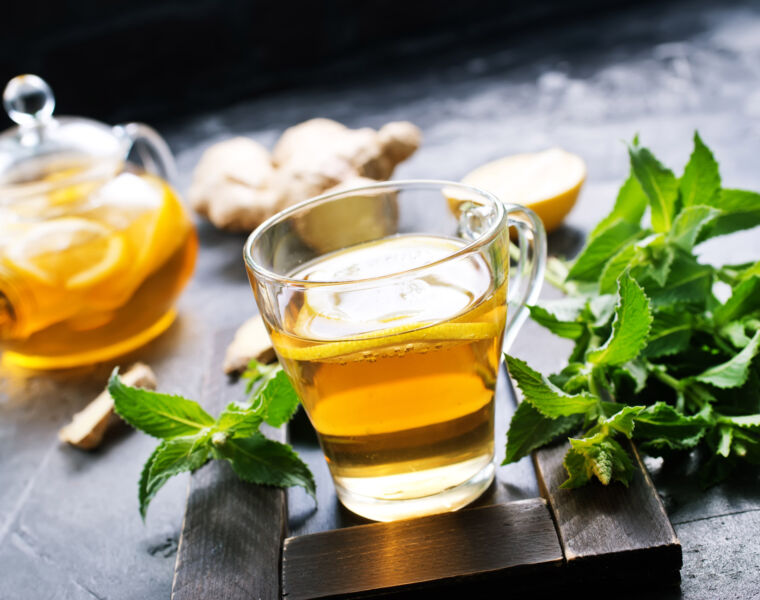
Although luxury fashion brands are introducing plant or mushroom-based materials into their collections, natural silk alternatives such as Pine and Eucalyptus will be amongst the most significant game changers in the luxury fashion industry.
The growing pressure from conscious shoppers on clothing brands is changing how the fashion industry operates. According to the VeganSociety, 95% of British fashion enthusiasts want vegan options, while 90% of Gen X consumers would spend more on sustainable items.
It’s no surprise that fashion houses are taking this on board. Among the bigger names, Gucci has launched a vegan leather alternative Demetra, and Hermès and Stella McCartney have introduced mycelium—mushroom-based—leather clothing.
However, although there is already a range of alternative leather options—from banana and mango skins to leather made of food waste—silk is still widely used in luxury clothing, and the demand for it is continuously growing.
Ms Grėtė Švėgždaitė, a new generation Lithuanian fashion designer and the founder of a luxury sleepwear brand GRETES, insists that with the vegan values entrenching many layers of fashion, natural silk will be replaced by sustainable textiles in due time.

Why sustainable alternatives should be replacing silk
Approximately 6,600 silkworms die to produce 1 kg of silk, which is done by boiling them alive in their cocoons. It has also been estimated that just one silk shirt requires 376 litres of water, leaving a severe water footprint on the environment.
Fortunately, silk alternatives like Naia™ cellulosic fibre provide the same luxurious feel without harming living organisms. Besides being vegan—sourced from pine and eucalyptus wood pulp—the manufacturing process is sustainable, recycling the solvents for reuse and leaving low carbon and water footprint. Another sustainable alternative is viscose.
“Viscose, which is made from plants, can be made to resemble the softness of natural silk. Many people choose silk garments because they are hypoallergenic. However, clothing made from viscose or other similar fabrics have the same hypoallergenic properties but are vegan and sustainable,” says Grėtė. “Of course, recycled viscose, or any other textile for that matter, would be an even better option to reduce pollution and water waste, but it is still hard to find textiles that are 100% recycled.”

Grėtė also believes that the drive to replace natural silk with sustainable and vegan alternatives will be further bolstered by consumers who want to live in harmony with their environment.
She added, “Our shopping behaviour has already been detrimental to nature. Opting for sustainably-made, recycled, vegan textiles or even upcycling old clothing, shoes, or other items can at least partially offset the damage made. It is also our duty as consumers to push the fashion brands to make a real change and produce products in line with our values. Only 1% of collected textiles are recycled. It is time to increase this number.”
Read more lifestyle news and features here.
![]()




You must be logged in to post a comment.